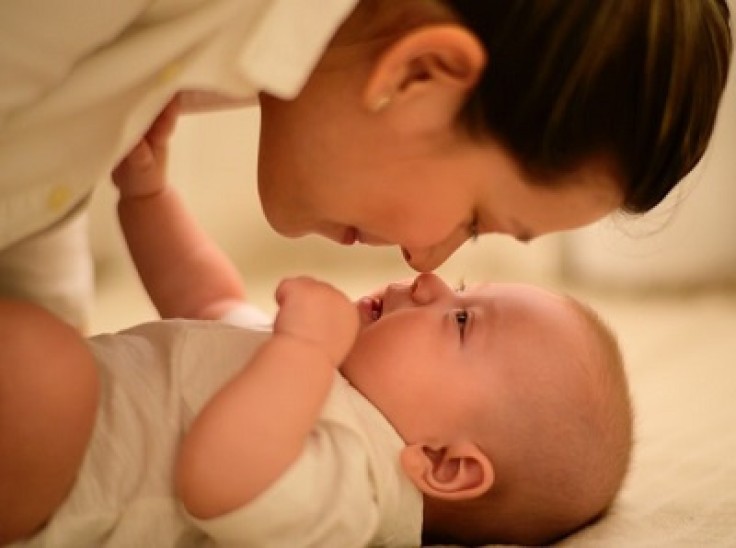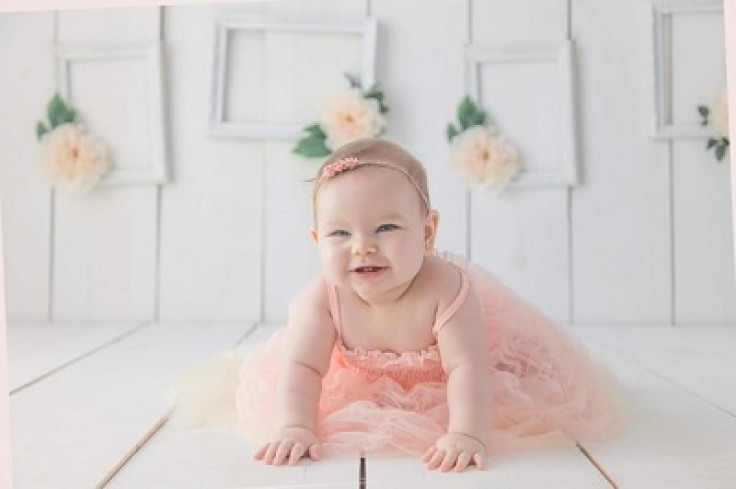Parents are excited about the different milestones that their babies go through. One of the essential parts of babies' development is talking. Since birth, they know how to communicate well with their parents by crying.
A few months later, they learn to babble, and then soon, they learn to say words to show what they mean. Parents look forward to hearing their baby say "Mama" or "Papa." However, when do babies start talking?
Talking milestones
A speech-language pathologist and Play on Words founder, Sherry Artemenko, stated how babies learn to talk. She said that babbling is an essential milestone. It represents the start of real conversation. A baby starts trying different sounds, waiting for a reaction, responding, and building social relationships.
You may have no idea what your baby is saying when she starts flaunting her budding skills. You will notice her cognitive development when she repeats the sounds she has memorized.
Stages of verbal language
Artemenko said that as your baby matures and relates to the environment, her verbal skills will progress.
Two to three months
At age two to three months, your baby starts with coos and goos using vowel sounds.

Four months
At four months, your baby starts with babbling sounds.
American Speech-Language-Hearing Association in Rockville, Maryland, clinical issues in speech-language pathology director, Diane Paul, Ph.D., said babies start using "p," "b," and "m." She noted that babies put their lips together to use the letters to babble. You would hear lots of puh puh, buh buh, and muh muh for starters.
Six to seven months
Usually, around six to seven months, your baby starts forming sounds after practicing his lips and tongue. You will notice that her babbling becomes more speech-like. Dr. Paul said that you would start hearing a wider-variety of sounds like "ba ba-pa-ta-bi-bi-bi."
It may look like she is just making random sounds, but if you try to listen carefully, you will hear tone changes. If you notice that your baby pauses after uttering a sound, she may be waiting for your response.
Notice also your baby's facial expression and body language. Bouncing up and down shows that she is excited. By frowning and using a high-pitched voice could tell you that she is trying to scold you.

Twelve months
Artemenko said that toward the end of her first year, your baby would be babbling longer strings of short syllables. Your baby would have mimicked your tone and rhythm, which is the precursor to saying her first words.
Ways to help your baby talk
To help your baby start talking, here are ways to motivate her.
Talk to your baby to engage her in a conversation.
Use varied tones and syllables to teach your baby new sounds. You will notice that she will try to imitate you.
After saying something, pause and let her respond. This strategy gives her time to process what you have said and to reply.
Explain the babbling to your baby. If you hear her say, "ma ma," you may point to yourself, which could mean that she should say the word when looking for you.
Other baby-related articles:
Dad bod: Dads experience bodily changes like moms after having children
Baby-led weaning: Effective tips for success
When can babies drink water? [Be careful of water intoxication]